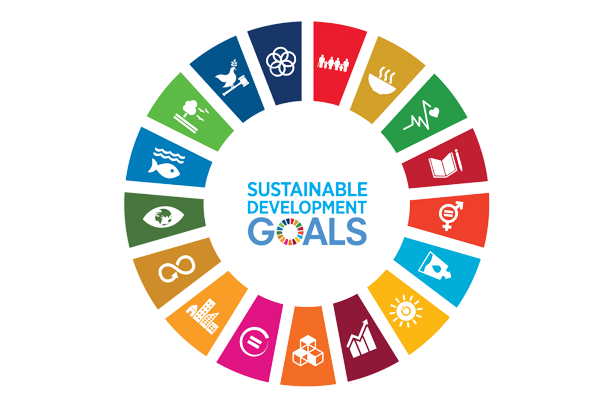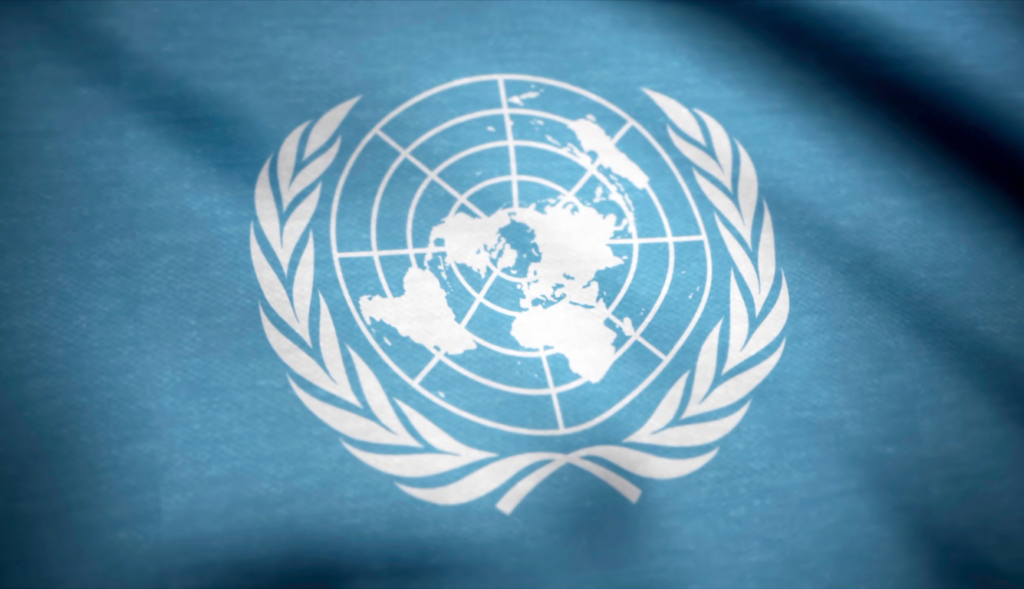Corporate sustainability has become a paramount concern for businesses worldwide. As companies strive to minimize their environmental impact and uphold ethical responsibilities, adopting eco-friendly practices has become an integral part of their strategy. Zero Liquid Discharge (ZLD) is one such practice that holds immense potential for supporting corporate sustainability goals. In this blog, we will delve into what ZLD solutions in India entail and how it contribute to environmental sustainability, cost-efficiency, and reputation enhancement, all of which are crucial aspects of a company’s commitment to sustainability.
Understanding Zero Liquid Discharge (ZLD)
Zero Liquid Discharge (ZLD) Solutions is an innovative water management process designed to minimize wastewater discharge from industrial facilities to virtually zero. Traditionally, industrial processes generate substantial volumes of wastewater, which are often contaminated with pollutants and chemicals. This wastewater is then typically treated and discharged into nearby water bodies, causing harm to the environment. ZLD Solutions in India, however, aims to recover and reuse as much water as possible, leaving only a minimal volume of highly concentrated brine or solid waste.
ZLD Solutions Process
One of the primary applications of ZLD technology with Scaleban is the direct utilization of wastewater treated in Effluent Treatment Plants (ETP) in cooling towers, completely replacing the necessity for freshwater. By incorporating ETP-treated water into cooling towers, it becomes possible to maintain a high Cycle of Concentration (COC) within the cooling tower circuit, typically ranging from 15 to 20, resulting in significantly elevated Total Dissolved Solids (TDS) levels of 25% to 30%. This higher COC allows for minimal blowdown from the cooling tower. Moreover, the exclusive use of ETP-treated water in cooling towers eliminates the requirement for additional Wastewater Reverse Osmosis (RO) and Multiple Effect Evaporation (MEE) processes.
Furthermore, Scaleban technology ensures the smooth operation of condensers, heat exchangers, and the cooling tower circuit by preventing scale formation, corrosion, and bio-fouling. This performance surpasses that of conventional methods. The elimination of freshwater usage and the need for Wastewater RO and MEE processes translates into substantial daily cost savings for industries. Additionally, this approach contributes to a reduction in CO2 emissions, aligning with sustainability and environmental objectives.
Discover ZLD Solutions Case Studies!
Now, let’s delve into how ZLD Solutions in India aligns with corporate sustainability goals.
Environmental Sustainability
Reduced Water Footprint: By recycling and reusing wastewater, ZLD Solutions in India significantly reduces the demand for freshwater intake, helping conserve precious water resources. This aligns with the Sustainable Development Goal (SDG) 6, which aims to ensure the availability and sustainable management of water and sanitation for all.
Minimized Pollution: ZLD Solutions processes effectively remove contaminants and pollutants from wastewater, preventing the release of harmful substances into natural water bodies. This supports SDG 14, which focuses on conserving and sustainably using the oceans, seas, and marine resources.

Mitigated Climate Impact: The energy-intensive processes in ZLD Solutions in India can be powered by renewable energy sources, reducing the carbon footprint associated with wastewater treatment. This aligns with SDG 13, which addresses climate action.
Cost Efficiency
Resource Recovery: ZLD often involves the recovery of valuable salts, minerals, or chemicals from wastewater, providing opportunities for cost savings and potential revenue generation. This resource recovery aspect can significantly benefit a company’s bottom line.
Regulatory Compliance: Many regions have stringent regulations regarding wastewater discharge. By implementing ZLD India, companies can avoid hefty fines associated with non-compliance, further enhancing cost efficiency.
Discover ZLD Solutions Case Studies!
Reputation Enhancement
Environmental Stewardship: Embracing ZLD Solutions in India demonstrates a company’s commitment to environmental stewardship and responsible business practices. This commitment can improve the company’s reputation among customers, investors, and other stakeholders.
Sustainability Reporting: Companies that integrate ZLD Solutions in India into their operations can showcase their sustainability efforts in annual reports and corporate social responsibility (CSR) initiatives, further enhancing their image as socially responsible organizations.
Competitive Advantage: As sustainability becomes a key driver in consumer choices and investment decisions, companies adopting ZLD gain a competitive edge in the market, attracting environmentally conscious customers and investors.

In conclusion, Zero Liquid Discharge (ZLD) is a powerful tool that supports corporate sustainability goals by promoting environmental sustainability, cost efficiency, and reputation enhancement. By reducing water consumption, minimizing pollution, and demonstrating a commitment to responsible business practices, companies that embrace ZLD can make significant strides toward a more sustainable future. Moreover, as sustainability becomes increasingly central to business success, ZLD Solutions offers a competitive advantage that can help companies thrive in a rapidly evolving marketplace. It is evident that ZLD Solutions in India is not merely a wastewater treatment process but a cornerstone of corporate sustainability in the 21st century.
